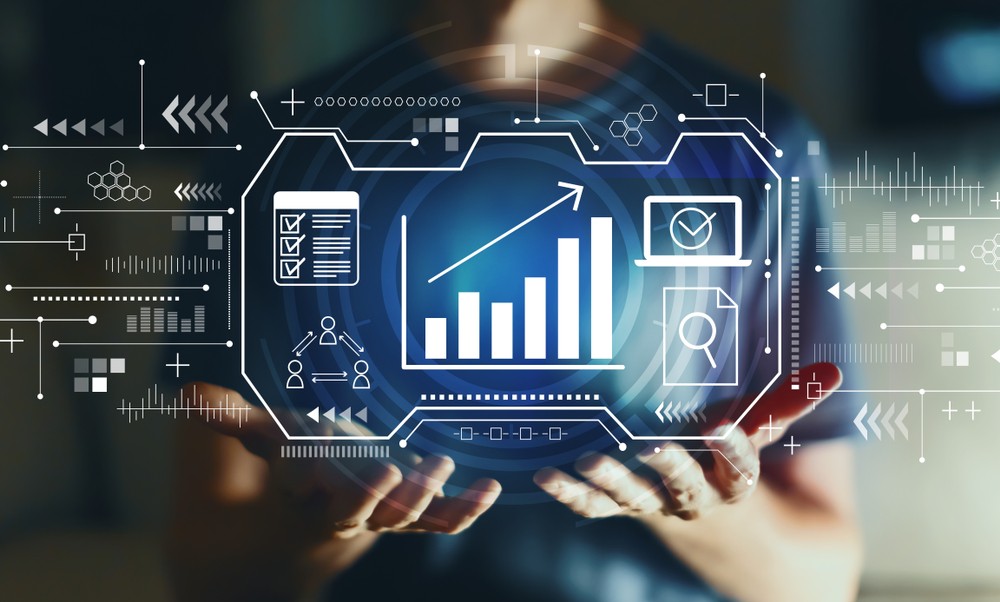The hospitality and travel industry has undeniably been one of the hardest hit by the pandemic. The sector has had to completely re-evaluate the way it delivers its services to comply with constantly changing rules and government regulations, and to guarantee the safety and loyalty of both its guests and employees.
Leisure firms across the world have turned to technology to radically overhaul their existing processes, giving way to a huge opportunity – leveraging data. The industry has adopted technologies such as IoT to help inform strategic operatives. And the availability of and access to data collected during digital interactions presents firms with the ability to completely transform how they run, manage and improve their offerings, including providing guests with a seamless and personalised experience.
It’s all well and good to talk about the potential impact of data, but what does best practice look like in the sector? And how can it help revive hotels big and small around the world?
Data management, the crucial first step
Reputation is arguably one of the most important factors in hospitality. It safeguards customer loyalty and attracts new clientele. And in recent years, reputation is no longer limited to how clean a hotel room is but expands to how safe guests’ data can be. Data breaches have severe consequences for hotels, with Marriott Hotels being fined £18.4 for a data breach that hit millions of their guests. Guests’ data is now considered the most valuable asset to a hotel and protecting it is of paramount importance.
From managing databases and servers, and ensuring compliance and security, data management can prove to be time-consuming and challenging, especially for large global hotel chains. It is, however, a strategic imperative. This is especially true when taking into consideration that many hospitality firms have had to cut their staffing levels by half during the pandemic, often resulting reduced number of employees able available to monitor certain aspects of IT operations, such as cybersecurity. By bringing in third-party cyber security expertise, this can often ensure peace of mind as a service, and help leverage and enhance data management strategies, especially when regarding security and compliance.
Creating a digital journey for guests
In the hospitality industry, first impressions are everything. So, guaranteeing a stress-free arrival and booking process for hotel guests has always been front of mind, which is why many hotels have moved to digital-first check-in processes via phones or through downloadable apps.
In doing so they’ve gained the ability to email guests with all the information they need ahead of their trip, and offer them the chance to amend their booking details to align with their preferences, such as their room type, dietary requirements, or arrival needs. This is where the compliant and safe data collection begins to boost the customer experience.
Once guests have safely checked-in, hotels will be able to use these applications to ensure and maintain high-quality service for the duration of the guest’s stay. For example, guests will be able to automatically log-in to the hotel Wi-Fi, book restaurants as if liaising directly with the concierge, control the temperature and television in their room, or simply contact reception staff, housekeeping or leisure facilities via instant messaging for other queries. All the guests preferences can be kept for future bookings and reference, for example a room could be set to the preferred temperature prior to the guests arrival. In addition, staff would be able to send personalised messages or offers to guests during their stay, or provide real-time assistance with aspects such as directions to the pool.
How IoT is making holidaying even easier
Alongside these kinds of applications, IoT sensors are already being implemented throughout resorts or hotels to improve guest experiences. However, the benefits span beyond this. Hotels and other hospitality facilities will be able to easily locate equipment such as luggage racks and cleaning carts via asset-tracking technology. Maintenance staff will also benefit from the ability to review performance data collected by specific devices located around a property, and troubleshoot any repairs required should conditions drop below appropriate levels. When implemented alongside 5G, IoT devices may even support hotel restaurants in improving food tracking and waste disposal.
In time, these technologies will make it easier for those working in the leisure industry to improve the quality of guests' stays, track the delivery of services and gather feedback, just as they would pre-COVID, all while removing all physical touchpoints and complying with government health and safety regulations.
The future of data-driven hotels
The real beauty of these digital approaches for hotels is that they will allow them to extend their engagement to guests well beyond the end of their stay. Management teams’ requests for feedback from guests will be far more streamlined via modernised applications, and combining this data with information gathered during their stay will help paint a clear picture of the quality of experience guests are receiving.
The most compelling benefit for businesses, however, is likely to come from the technology’s direct impact on the bottom-line. The data collected from these technologies, from applications to IoT sensors, can play a vital role in helping management to reduce energy costs and guide sensible planning resourcing decisions, including when it comes to capacity and personnel. When New York’s Chatwal Hotel upgraded to a smart lighting system throughout the hotel for example, it reduced its lighting energy consumption by 90%.
With these advancements, it's clear that the introduction of data management in response to the pandemic may actually enhance the experience hotels can deliver on significantly. Providing them with a powerful tool for transforming one-off guests into loyal, dedicated customers, boosting both reputation and future revenue will ensure the hospitality industry, like many others, enjoys the benefits of the digital age.




